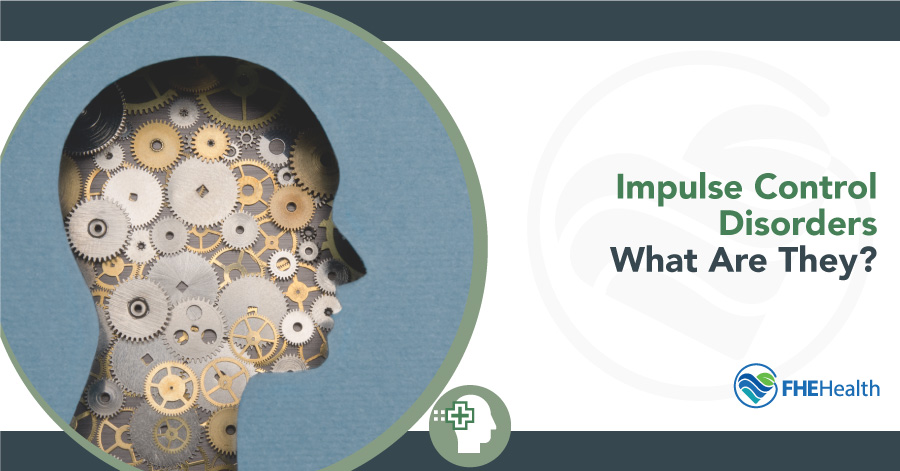
This article has been reviewed for accuracy by our peer review team which includes clinicians and medical professionals. Learn more about our peer review process.
Humans are impulsive creatures by nature. In some cases, those impulses let the individual take hold of an opportunity that may otherwise pass them by. Impulses can even be life-saving, letting the individual act quickly to get out of a dangerous situation.
On the flipside, impulses can lead to damaged relationships, physical harm, or even legal trouble.
Developing impulse control, or learning to act in a way that’s physically and emotionally healthy and socially acceptable, is like exercising a muscle. Over time, most people learn to manage and avoid angry outbursts and dangerous or destructive impulsive behaviors.
However, for some people, taming impulses is significantly more challenging. Depending on their symptoms and behaviors, they may need to seek professional treatment for an impulse control disorder.
What is an Impulse Control Disorder?
An impulse control disorder is a mental health condition characterized by an inability to resist the urge to engage in certain types of behaviors, even when those behaviors may be harmful to oneself or others. There are a number of possible causes of impulse control disorders, and it is often thought that they may be the result of a combination of biological, psychological, and social factors.
How Does the Diagnostic and Statistical Manual of Mental Disorders Categorize Impulse Control Disorder?
The DSM-5 (the official manual that mental health professionals use to diagnose conditions) categorizes impulse control disorder under disruptive, impulse-control and conduct disorders. While each condition in this category has its own symptoms, they all can cause people to behave aggressively, angrily or in an otherwise socially inappropriate way toward people or property.






